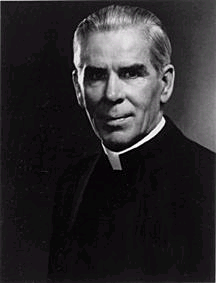 Time for a resolution update. Oh, things haven’t been going well…
Time for a resolution update. Oh, things haven’t been going well…
1. Read through the New Testament Twice
Fail.
2. More dancing
Fail.
3. Be more gentle with people
Better.
4. No sodas/fizzy drinks
Still clean.
5. Get into the best shape of my life
Going very well. I’m on Day #9 of my ten day challenge at Boot Camp.
6. Complete reading list
On course. I’ve finished Brandon Vogt’s book and now starting on John Piper’s.
7. Keep proper track of finances
Fail.
8. Tick something off my TODO list
Very well. There’s lots to do for Daughters Of The King and Theology On Tap so there are always lots of things to cross off!
10. Fast on Wednesday and Friday
Going well.
11. Give up Facebook for 40 days
That’ll be happening next month…
12. Make an effort to dress well for Mass
Still going well.
 Whether I’ve been single, dating someone or had a girlfriend, I’ve never been the greatest fan of Valentine’s Day. Too much expectation, too much pressure. But whatever your perspective on Valentine’s Day and whatever your Facebook “Relationship Status”, hopefully one of today’s videos will make you smile…
Whether I’ve been single, dating someone or had a girlfriend, I’ve never been the greatest fan of Valentine’s Day. Too much expectation, too much pressure. But whatever your perspective on Valentine’s Day and whatever your Facebook “Relationship Status”, hopefully one of today’s videos will make you smile… 




 Your mission, should you choose to accept it, is to make someone smile today. Bonus points if you do it by singing to them.
Your mission, should you choose to accept it, is to make someone smile today. Bonus points if you do it by singing to them. Time for a
Time for a 